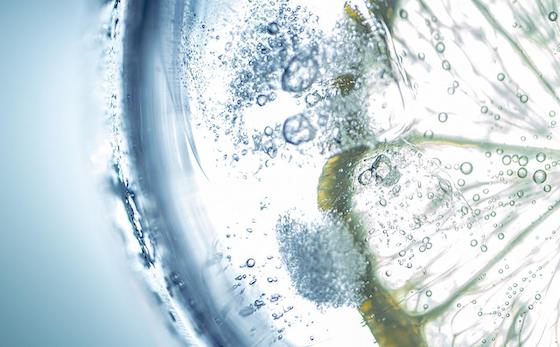Dry July is a great time to take a break from alcohol and raise money for cancer research. Whether you’re participating or not, it’s important to periodically pause and reflect on your relationship with alcohol.
For lots of us, drinking during lockdown became a way to cope with the stress and uncertainty of life in a pandemic.
What started during lockdown has become habitual for many, and we’re drinking more than ever before. December 2021 was the highest ever month for alcohol sales, with over $2.1 billion worth of alcohol sold in Australia. The gender difference in alcohol consumption is also shifting. Women are now drinking almost as much as men.
Alcohol causes a range of health problems; being mindful of how much you’re drinking is an important aspect of self-care. Drinking alcohol is associated with serious health risks including cancer, cognitive decline, heart disease, and liver failure. Alcohol can also have less obvious impacts on women’s health. These include worsening PMS, disrupted sleep and infertility. Sex related differences in the way our bodies process alcohol mean that even moderate consumption can have significant impacts on women’s wellbeing.
Hormones
Alcohol interferes with a number of aspects of female hormone balance and can worsen symptoms of pms, perimenopause and fibroids. Oestrogen is metabolised and inactivated in the liver. Alcohol impacts on the ability of the liver to do this important job, resulting in higher levels of circulating oestrogen, also known as oestrogen dominance. Excess oestrogen can worsen pms symptoms, and is a risk factor for breast and ovarian cancer. Alcohol also lowers progesterone. Low progesterone is associated with irregular and heavy bleeding, as well as anxiety, insomnia and depression.
Alcohol can also affect your fertility. Women who are heavy drinkers can take longer to fall pregnant, and have a lower chance of having a healthy baby. For men, alcohol can damage sperm quality, decrease libido and cause impotence.
Pregnant or planning a pregnancy
If you drink alcohol while pregnant, the baby gets approximately the same amount of alcohol as you do. This can lead to a number of health problems including miscarriage, low birth weight, birth defects, premature birth and fetal alcohol spectrum disorder. There is no safe amount of alcohol in pregnancy, and women who are pregnant or planning a pregnancy are advised to avoid alcohol.
Sleep
A good night’s sleep is a cornerstone of optimal health and wellbeing. Poor sleep decreases our cognitive performance, disrupts blood sugar regulation and increases stress hormones. A drink in the evening might feel like it helps with winding down before bed, but even small amounts of alcohol can lead to poorer quality sleep. Moderate amounts of alcohol (1 drink for women and 2 drinks for men) decrease sleep quality by up to 24%. Drinking alcohol before bed causes a reduction in REM sleep, causing sleep disruptions and shorter sleep duration.
Stress and Mental Health
Many of us might reach for a drink when we’re feeling stressed, anxious or depressed, but alcohol is a depressant drug that can worsen these feelings over time. Alcohol acts on the brain; when used long term, it can lead to a depletion of neurotransmitters. This in turn reduces our capacity to deal with stress and the pressures of daily life. Using alcohol as a coping mechanism for worry and stress can also increase the likelihood of developing a dependent relationship with alcohol.
We can all benefit from reducing our drinking and having an honest look at our relationship with alcohol. Short alcohol-free periods, or regular alcohol-free days can give our bodies a break from drinking, as well as lowering our risk of cancer and other chronic illness. If you are concerned about your relationship with alcohol, help is available. Your GP can talk you through options for managing how much alcohol you drink. The Victorian Government Department of Health has a list of confidential phone and online services here.
